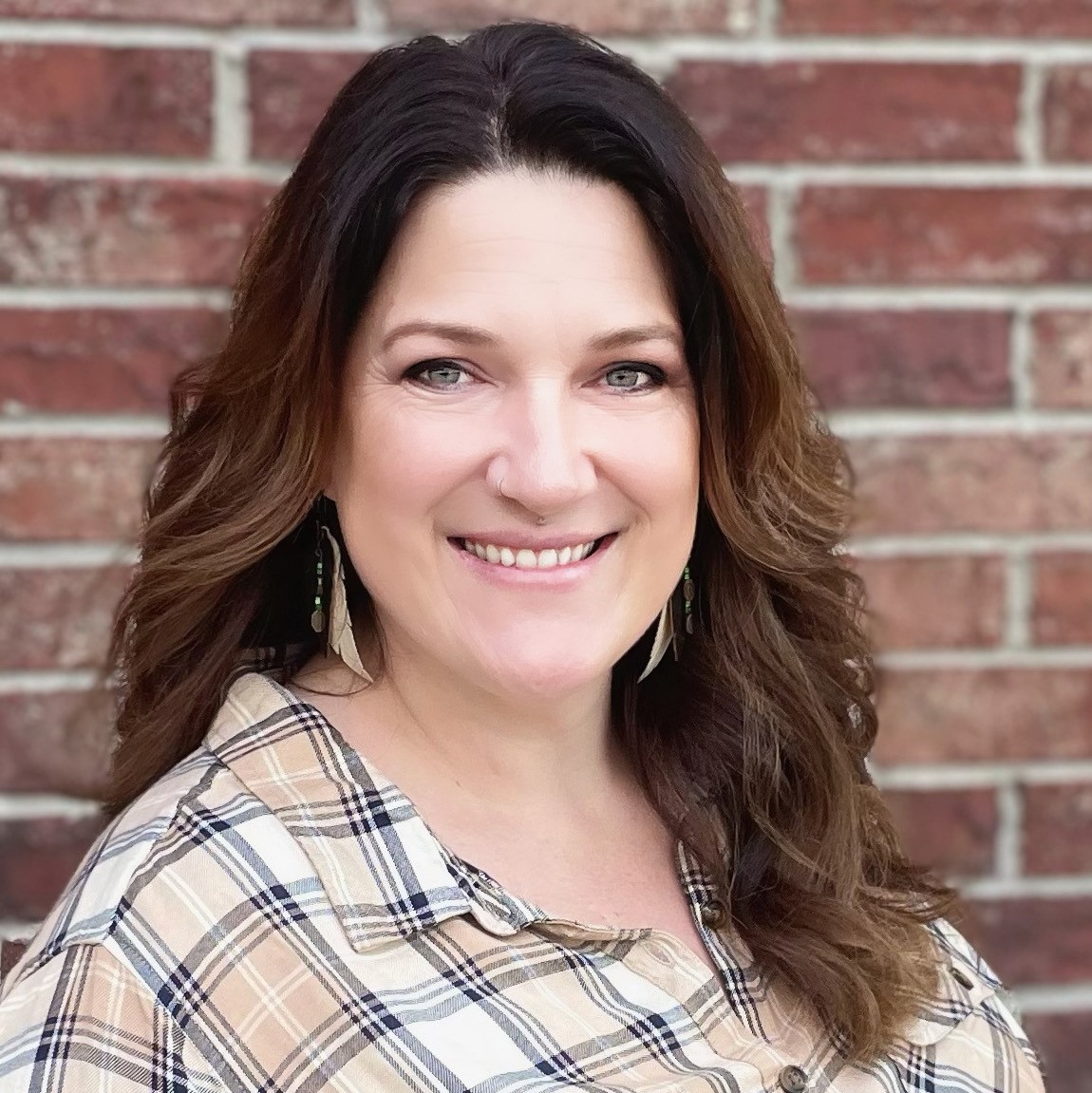
Bio
My Unique Approach to Education
“Despite believing I am primarily behavioristic in my general approach to education and learning, I suppose my unique approach would be integrating an experiential lens in all I do. It is not uncommon for my counseling classes to begin with therapeutic exercises intended to model the activity and create focused, attentive learners. In my interactions with my students, both face-to-face and through written technology, I capture these moments to integrate practice in professional writing that is expected in their field. For example, suppose a student were to talk to me after class about needing to miss a future class session. In that case, I might ask them to send me a reminder by sending me an email as though they are a counselor emailing a parent to cancel a counseling session, or a school counselor emailing a campus administrator of an absence. I hope to not only support the content knowledge base of the students in my class but to support their professionalism, fluency, and confidence as they enter the following stages of their careers.”
– Dr. Kimberlee Flatt
I am surrounded by brilliant and neurodivergent thinkers in my personal life. My dad, husband, and 2 of my four children are on the Autism Spectrum. I believe this part of my education, just being a daughter, a wife, and a mom, likely prepared me for my career field more than any of the classes I have taken or degrees I have obtained. I have learned a great deal about their unique lens on the world; I see their creativity, logic, and passions and stand in awe and humbled. I also see the related challenges. I see the difficulties with interpersonal relationships, the social missteps, and the exhausting efforts that seem to take them no place at all. I see others misread and misunderstand them and often miss so much of what they have to offer simply by looking at things from such a narrowed and expected lens. This life, these observations in my own world, have led to my research projects in supporting Autistic adults as they transition into post-secondary life and projects investigating the treatment of restricted and repetitive behaviors. In my private counseling practice, I hope to help those with neurodivergence differences (ADHD, Autism, Tourette’s, OCD, Dyslexia, etc.) to see their unique strengths, beauty, and skills.
Credentials
- Ph. D. School of Educational Psychology, Special Education/Autism Intervention – 2018
– University of North Texas
- M.A. Professional Counseling – 2011
– Amberton University
- M.A. School Counseling – 2011
– Amberton University
- B.S. Applied Behavior Analysis – 2001
– University of North Texas
My Unique Approach to Education
“Despite believing I am primarily behavioristic in my general approach to education and learning, I suppose my unique approach would be integrating an experiential lens in all I do. It is not uncommon for my counseling classes to begin with therapeutic exercises intended to model the activity and create focused, attentive learners. In my interactions with my students, both face-to-face and through written technology, I capture these moments to integrate practice in professional writing that is expected in their field. For example, suppose a student were to talk to me after class about needing to miss a future class session. In that case, I might ask them to send me a reminder by sending me an email as though they are a counselor emailing a parent to cancel a counseling session, or a school counselor emailing a campus administrator of an absence. I hope to not only support the content knowledge base of the students in my class but to support their professionalism, fluency, and confidence as they enter the following stages of their careers.”
– Dr. Kimberlee Flatt
I am surrounded by brilliant and neurodivergent thinkers in my personal life. My dad, husband, and 2 of my four children are on the Autism Spectrum. I believe this part of my education, just being a daughter, a wife, and a mom, likely prepared me for my career field more than any of the classes I have taken or degrees I have obtained. I have learned a great deal about their unique lens on the world; I see their creativity, logic, and passions and stand in awe and humbled. I also see the related challenges. I see the difficulties with interpersonal relationships, the social missteps, and the exhausting efforts that seem to take them no place at all. I see others misread and misunderstand them and often miss so much of what they have to offer simply by looking at things from such a narrowed and expected lens. This life, these observations in my own world, have led to my research projects in supporting Autistic adults as they transition into post-secondary life and projects investigating the treatment of restricted and repetitive behaviors. In my private counseling practice, I hope to help those with neurodivergence differences (ADHD, Autism, Tourette’s, OCD, Dyslexia, etc.) to see their unique strengths, beauty, and skills.
- Ph. D. School of Educational Psychology, Special Education/Autism Intervention – 2018
– University of North Texas
- M.A. Professional Counseling – 2011
– Amberton University
- M.A. School Counseling – 2011
– Amberton University
- B.S. Applied Behavior Analysis – 2001
– University of North Texas

